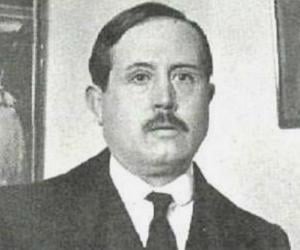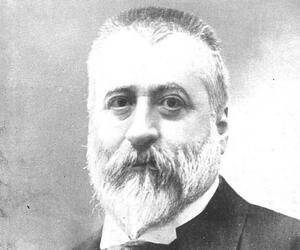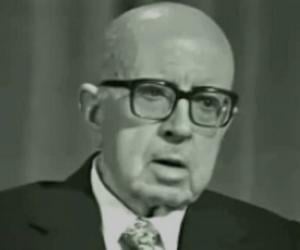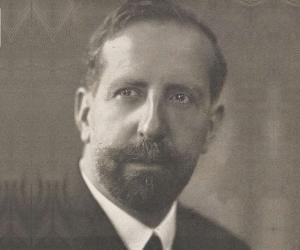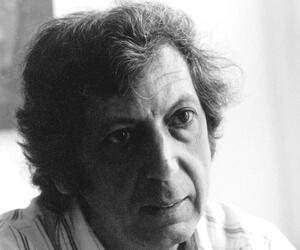1
Alonso Fernández de Avellaneda
(Spanish Novelist)

12
2
Birthplace: Tordesillas, Spain
Alonso Fernández de Avellaneda was a mysterious author known for writing the unauthorized sequel to Miguel de Cervantes' "Don Quixote." Avellaneda used a pseudonym for this work, the "Second Book of the Ingenious Knight Don Quixote of La Mancha." Despite the success of this endeavor, Cervantes publicly criticized the poor quality of Avellaneda's work in the original second volume. Avellaneda's professional life remains shrouded in mystery, with little known about their background or other literary works.
